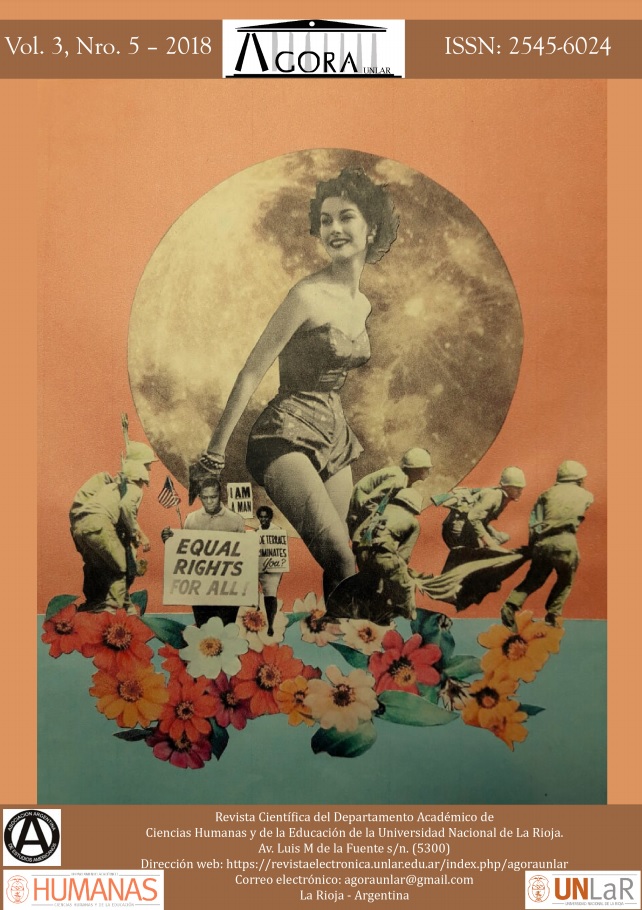EL DÍA QUE PROHIBIERON LOS LIBROS: REFLEXIONES SOBRE FAHRENHEIT 451
Palabras clave:
distopía, memoria, olvido, transposición, novela gráficaResumen
Corría el año 1953 y Ray Bradbury avizoraba un futuro distópico. Un mundo enel cual la lectura conducía a la infelicidad. Un mundo en el cual los bomberosse dedicaban a la sistemática tarea de quemar los libros... Nacía de estemodo Fahrenheit 451, relato emblemático que no tardaría en convertirse enun clásico de la ciencia ficción. Ha pasado ya más de medio siglo desde suaparición. De la novela al cine y de la radio a la novela gráfica, sus múltiplestrasvases nos hablan de su pervivencia. Nos proponemos en este trabajoreflexionar sobre los tópicos memoria, el olvido y la destrucción de los libros,así como sobre la vigencia del relato, haciendo hincapié en el trasvase deTim Hamilton en su novela gráfica homónima. Abordaremos la transposiciónhaciendo nuestros los conceptos de Eduardo Grüner, leyéndola como unalectura crítica del texto original, para reflexionar acerca del lenguaje de lahistorieta, qué ha ganado y qué se ha perdido en el traslado y qué repuestasha dado el autor a las problemáticas inherentes a la operación realizada. THE DAY THAT BOOKS WERE BANNED: REFLEXIONS ON FAHRENHEIT 451ABSTRACTIt was the year 1953 and Ray Bradbury envisioned a dystopian future. Aworld in which reading led to unhappiness. A world in which the firemen werededicated to the systematic task of burning books ... Fahrenheit 451 wasborn in this way, an emblematic story that would soon become a classic ofscience fiction. It has been more than half a century since its appearance.From the novel to the cinema and from the radio to the graphic novel, itsmultiple transfers tell us about its survival. We propose in this work to reflecton the topics of memory, oblivion and destruction of books, as well as on thevalidity of the story, emphasizing the transfer of Tim Hamilton in his graphicnovel of the same name. We will approach the transposition making oursconcepts of Eduardo Grüner, reading it as a critical reading of the originaltext, aiming at meditating on the language of the comics, what has beengained and what has been lost in the transfer and what answers the authorhas given to the problems inherent to the operation performed.Keywords: Dystopia, Memory, Forgetfulness, Transposition, Graphic NovelDescargas
Publicado
31-10-2018
Número
Sección
ARTÍCULOS DE INVESTIGACIÓN O REVISIÓN TEÓRICA





